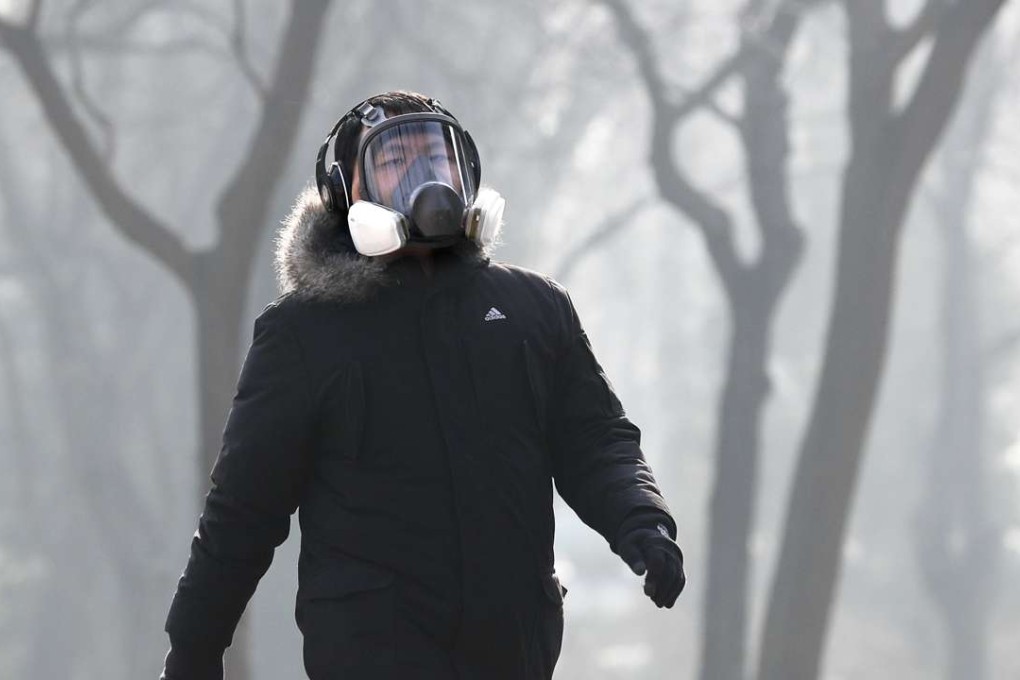China Briefing | Beijing needs to declare war on smog and learn from other countries’ efforts
With a middle class demanding action, it’s time for harsher penalties for polluters, more public debate and government leadership

As the saying goes, to solve a problem, one must realise the problem exists. Therefore, to overcome procrastination, one must first realise they are procrastinating.
But watching the mainland government dawdle, delay and even avoid dealing with the increasingly toxic smog that often blankets vast areas of the country, affecting hundreds of millions of people, proves that this very simple problem-solving technique has eluded Chinese officials.
Back in March 2005, then premier Wen Jiabao ( 溫家寶 ) declared in his annual work report that the government’s goal was to enable people to breathe fresh air and drink clean water. Attracting thunderous applause from the Great Hall of the People and broadcast live on national television, it was the first time in recent decades that a Chinese leader had made such a pledge in a key document.
WHY OBSESSING OVER GDP IS NO LONGER IN CHINA’S BEST INTERESTS
That promise, however, proved to be a one-off, not the least because by the end of 2005, there was already a massive chemical contamination of the rivers in the northeastern provinces of Jilin ( 吉林 ), Heilongjiang (黑龍江) and Guangdong, affecting millions of people. Also since then, that pledge – particularly the part about enabling people to breathe fresh air – has been conspicuously missing from annual government work reports.

Whenever there were natural disasters or industrial accidents that caused fatalities in the mainland, state media would waste no time in playing up top leaders’ swift reactions. More often, leaders themselves would rush to the scenes to show they put the people first.
TOP CHINA ISSUES TO WATCH IN 2017
But as air pollution has intensified across the country, contributing to the deaths of about one million people each year (about 3,000 people a day), according to various credible studies, top Chinese leaders have been reticent to speak publicly on the issue. This could partly be attributed to concerns that their otherwise rapt attention might raise public expectations on an issue for which the government cannot provide immediate solutions. Worse still, it could stoke social unrest.
